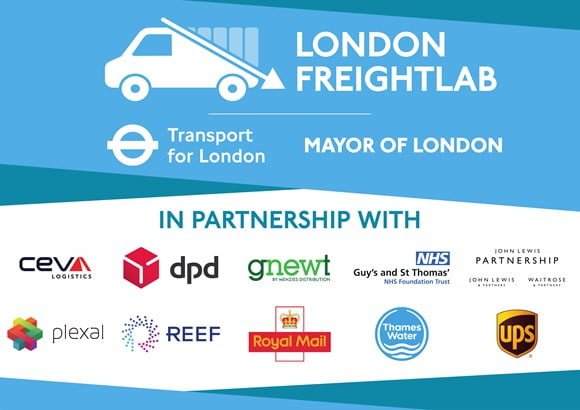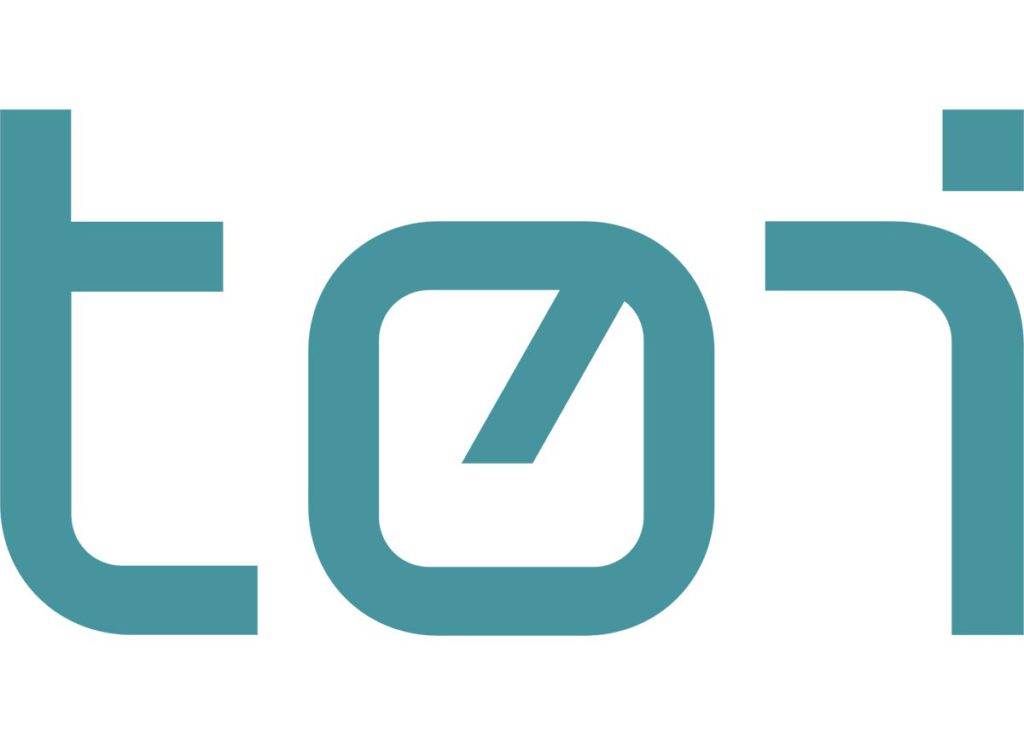CITYLAB
CITYLAB was the first project to use the Living Laboratory approach for testing and implementing sustainable city logistics solutions in European cities.
 Goods, waste and service trips in urban areas cause negative traffic and environmental impacts that need cost-effective and sustainable solutions. The CITYLAB developed knowledge and solutions to help in the up-scale and roll-out of strategies, measures and tools for emission-free city logistics in urban centres.
Goods, waste and service trips in urban areas cause negative traffic and environmental impacts that need cost-effective and sustainable solutions. The CITYLAB developed knowledge and solutions to help in the up-scale and roll-out of strategies, measures and tools for emission-free city logistics in urban centres.
The project focused on four main types of freight vehicle movements in cities:
- Highly fragmented last-mile deliveries in city centres
- Large freight attractors and public administrations
- Urban waste, return trips and recycling
- Logistics facilities and warehouses
Innovative urban freight management solutions were tested and evaluated in Amsterdam, Brussels, London, Oslo, Paris, Rome and Southampton, to positively influence business profitability and contribute to increased efficiency and sustainability. The core of CITYLAB is to use cities as ‘living laboratories’ - dynamic, real-world test environments where different public and private freight transport measures can be evaluated, adapted and improved in a cyclical way. The project delivered best practice guidance on innovative approaches and how to replicate them.
 CITYLAB's latest and key deliverables:
CITYLAB's latest and key deliverables:
- Practical guidelines for establishing and running a city logistics living laboratory
- CITYLAB Handbook for City Logistics Living Laboratories also available here
- Report on living-lab transferability activities also available here
- Assessment of roll-out potential of CITYLAB solutions to other CITYLAB living labs
- Impact and process assessment of the seven CITYLAB implementations
The project was funded under the European Horizon 2020 research and Innovation action (RIA) programme.
Want to keep up with the latest news? Visit the project's website, INEA page, and CORDIS page.






